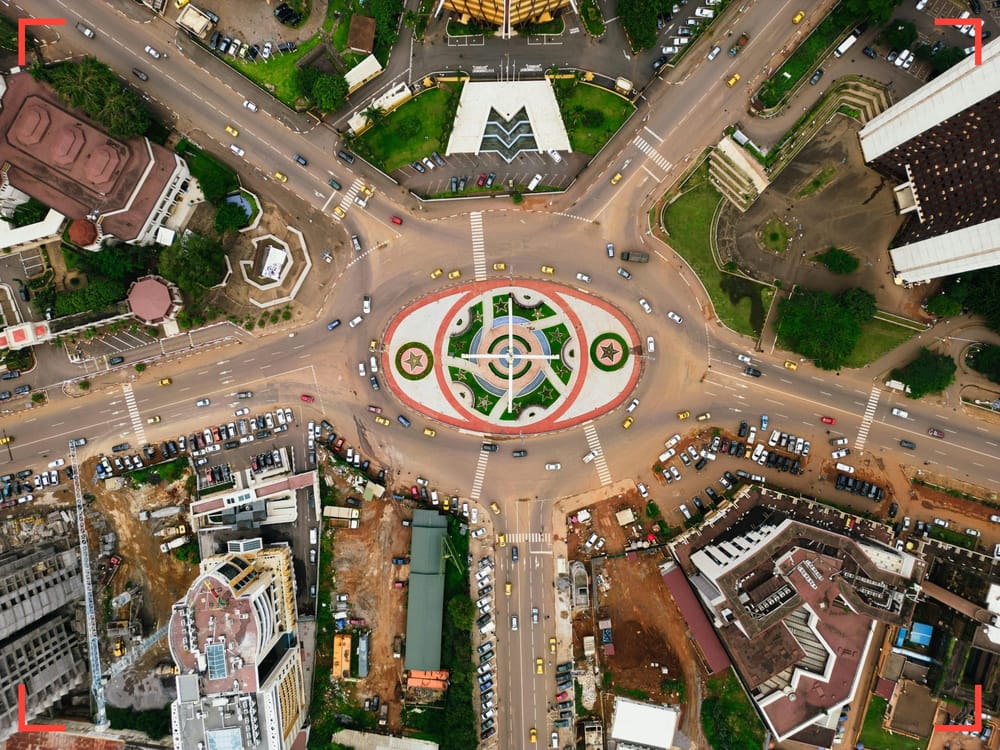
Report Details
Initial Publish Date
Last Updated: 08 OCT 2025
Report Focus Location: Sub-Saharan Africa
Authors: CI, EA
Contributors: GSAT
GSAT Lead: MF
RileySENTINEL provides timely intelligence and in-depth analysis for complex environments. Our global team blends international reach with local expertise, offering unique insights to navigate challenging operations. For custom insights or urgent consultations, contact us here.
Key Findings
- Waning diplomatic relations between South Africa and the United States epitomize broader changes from a unipolar to a multipolar world order.
- The Trump administration's Afrikaaner refugee resettlement program, including Trump’s communication strategy through social media platforms such as Truth Social and X, has created further racial divisions in South Africa and has stirred racial debates across the U.S.
- South Africa’s unemployment rate increased by 0.3 percentage points from 32.9% in the first quarter to 33.2% in the second quarter, with approximately 100,000 jobs at risk. Showing the devastating effects of tariffs on the country.
- Despite a looming 30% tariff, South African agricultural exports to the U.S. have witnessed a significant 26% growth in the second quarter of 2025, signalling possible avenues for cooperation between Pretoria and Washington.
- Measures such as the national dialogue held in August and the indictment of the Economic Freedom Fighters (EFF) party’s President, Julius Malema, in August for hate speech, represent Pretoria’s resolve in addressing racism and hate crime in the country.
Summary
In recent months, bilateral relations between South Africa and the United States have steadily deteriorated, moving beyond the economic sphere to encompass political and diplomatic tensions. While South Africa has long been a key partner for Washington in Africa, the 2025 context is marked by disputes whose roots are primarily political. President Cyril Ramaphosa’s government has been accused by the Trump administration of pursuing discriminatory domestic policies, particularly concerning the recent land redistribution law, which it considers discriminatory to the Afrikaners minority. At the same time, sharp divergences have emerged on the international stage: South Africa has openly criticized U.S. positions on the Palestinian issue and filed legal action against Israel at the International Court of Justice (ICJ), further straining bilateral ties.
Within this broader climate, the imposition by Washington of 30% tariffs on a wide range of South African exports, combined with uncertainty over the renewal of the African Growth and Opportunity Act (AGOA), poses serious risks to key sectors such as agriculture and the automotive industry. These measures threaten to erode the competitive advantages enjoyed by South African exporters over the past two decades, with possible repercussions on employment, production chains and social stability in a country already burdened by inequality and high unemployment. The current phase thus raises complex questions about the future of bilateral relations and South Africa’s capacity to adapt its global strategic positioning.
Remaining content is for members on Charter Member only.
Please subscribe to Charter Member and unlock this article and more content.
Subscribe Now






